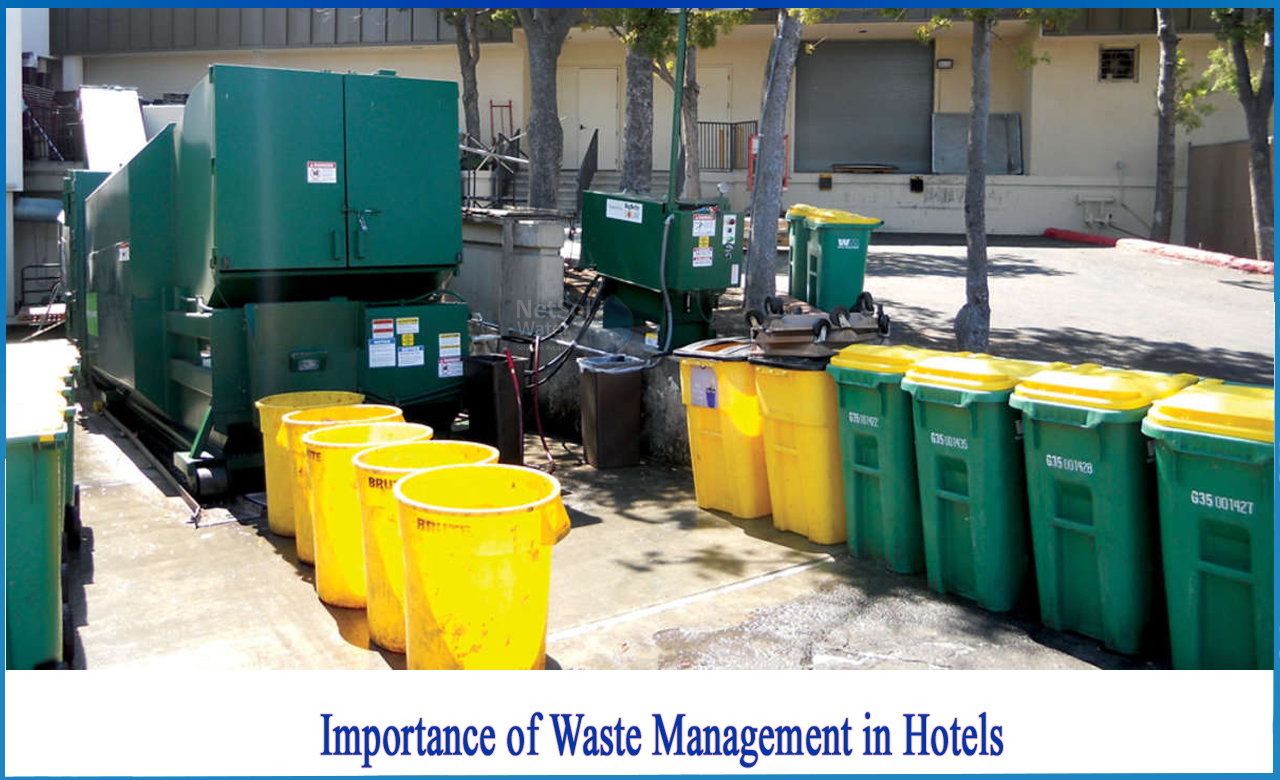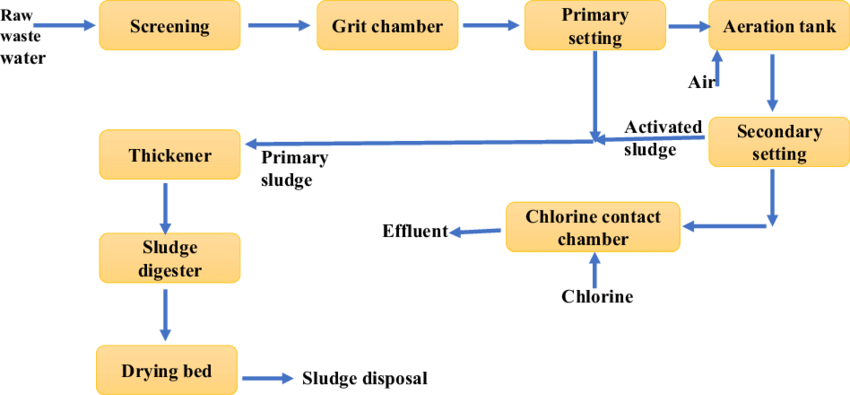10 Simple Techniques For Reclaim Waste
10 Simple Techniques For Reclaim Waste
Blog Article
Reclaim Waste Fundamentals Explained
Table of ContentsThe Definitive Guide to Reclaim WasteThe Facts About Reclaim Waste UncoveredThe Greatest Guide To Reclaim WasteWhat Does Reclaim Waste Mean?The Definitive Guide for Reclaim Waste
Check out the kinds, incidents, and types of liquid waste. Residential sewer waste refers to the waste and items from a household sewage-disposal tank. This sort of waste is produced by people in residences, institutions, and various other structures. This only consists of septic containers that have a drainpipe area. The appropriate management and disposal of domestic sewer waste need fluid waste to be moved to a sewage therapy plant where the appropriate methods and tools are put on detoxify and deal with waste.
Business waste usually includes possible threats, such as flammable products or a mixture of liquid and strong waste items, and requires an advanced and comprehensive disposal process. The disposal of business waste generally includes the filtering of waste prior to transport to ensure safe and correct disposal. Industrial waste is developed from results and runoff of industrial processes and production.
This type of waste can not use the exact same sewage monitoring transport or procedures as septic or commercial fluids. The commercial waste management process requires the assessment and screening of liquid waste prior to it goes through the disposal procedure (liquid waste disposal). Drainage waste is the fluid waste that originates from overflow and excess stormwater in very booming locations or cities
Runoff waste can create contamination and flooding if not taken care of appropriately. Making sure correct waste monitoring can stop disasters and reduce ecological damage.
Not known Facts About Reclaim Waste
Call PROS Providers today to learn more about our waste administration and disposal services and the proper means to look after the fluid waste you produce.
(https://blogfreely.net/reclaimwaste1/yc311a58b1)Do you recognize what occurs to your water when you disengage, flush the commode or drain the cleaning maker? No? Well, it's worth recognizing. This so-called 'wastewater' is not only an essential resource but, after therapy, will be launched to our land, waterways or the sea. Used water from commodes, showers, bathrooms, kitchen sinks, washings and commercial processes is called wastewater.

water utilized to cool down machinery or clean plant and tools). Stormwater, a type of wastewater, is runoff that streams from farming and urban locations such as roofs, parks, gardens, roadways, paths and rain gutters right into stormwater drains, after rainfall. Stormwater moves without treatment directly to local creeks or rivers, eventually reaching the sea.
Rumored Buzz on Reclaim Waste
In Queensland, a lot of wastewater is dealt with at sewage treatment plants. Wastewater is transported from domestic or commercial websites with a system of sewage systems and pump stations, called sewerage reticulation, to a sewage therapy plant. Neighborhood federal governments build, maintain and operate most sewage treatment plants. Operators are accredited under the Environmental Management Act 1994 to discharge treated wastewater at an appropriate ecological criterion right into rivers.
The Division of Natural Resources encourages city governments regarding handling, operating and maintaining sewerage systems and therapy plants. In unsewered locations, city governments may need householders to mount specific or home sewage therapy systems to treat domestic wastewater from bathrooms, kitchens, bathrooms check out here and laundries. The Division of Natural Resources authorises the usage of home systems when they are proven to be reliable.
A lot of stormwater gets no treatment. In some brand-new class, treatment of some stormwater to remove clutter, sand and gravel has actually begun making use of gross pollutant traps. Wastewater therapy takes place in 4 phases: Gets rid of strong issue. Bigger solids, such as plastics and other objects incorrectly released to sewers, are gotten rid of when wastewater is gone through displays.
Uses small living microorganisms understands as micro-organisms to damage down and get rid of remaining liquified wastes and great fragments. Micro-organisms and wastes are incorporated in the sludge.
The 25-Second Trick For Reclaim Waste
Nutrient elimination is not available whatsoever sewer therapy plants because it requires expensive specialised tools. It is coming to be more usual in Queensland. Clear liquid effluent created after treatment may still include disease-causing micro-organisms. If this effluent is released right into rivers such as rivers or the sea, the micro-organisms will eventually die out.

This usually indicates wastewater needs to be treated or contaminants gotten rid of prior to it can be released to waterways. Most wastewater moves right into the sewerage system. Under the Act, city governments administer authorizations and permits for environmentally relevant tasks (Ages) involving wastewater launches that might have a local influence. The department carries out approvals and permits to Ages including wastewater releases that could have a regional or statewide influence.
About Reclaim Waste
Tracking gives valid information about water quality and can confirm that licence conditions are being met. The information obtained with tracking offers the basis for making water quality decisions.
Report this page